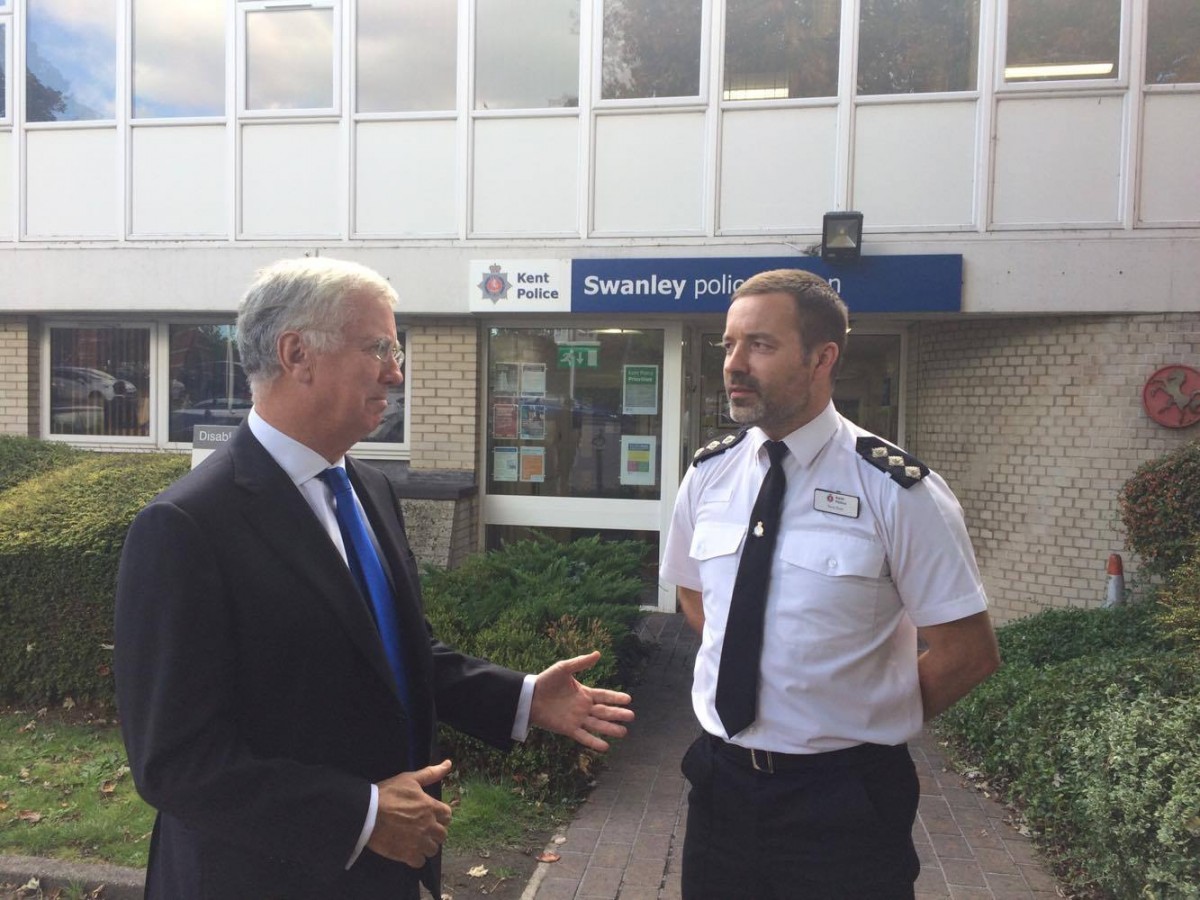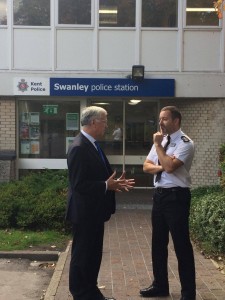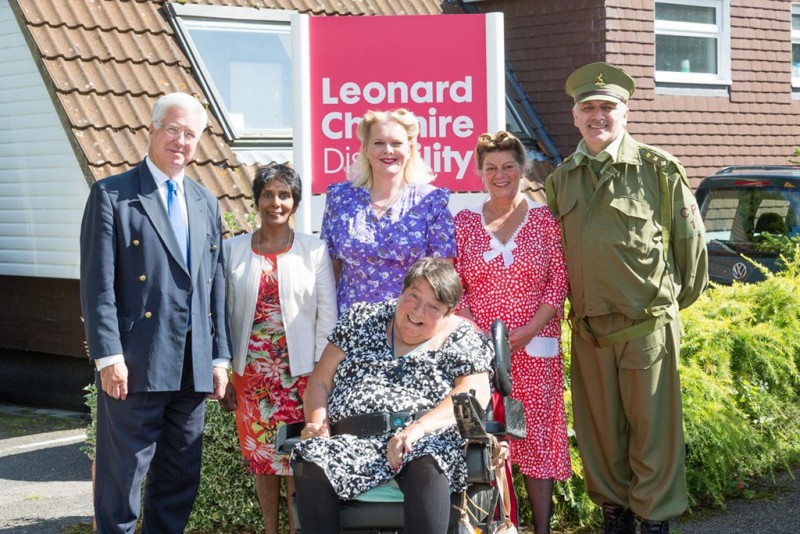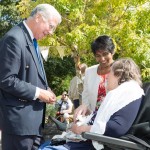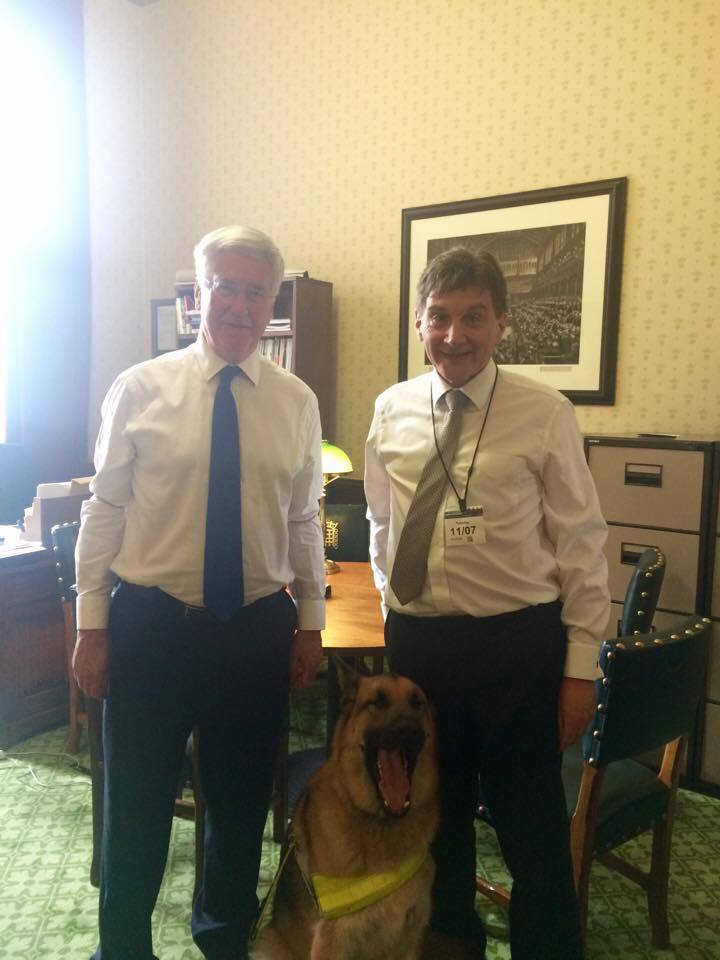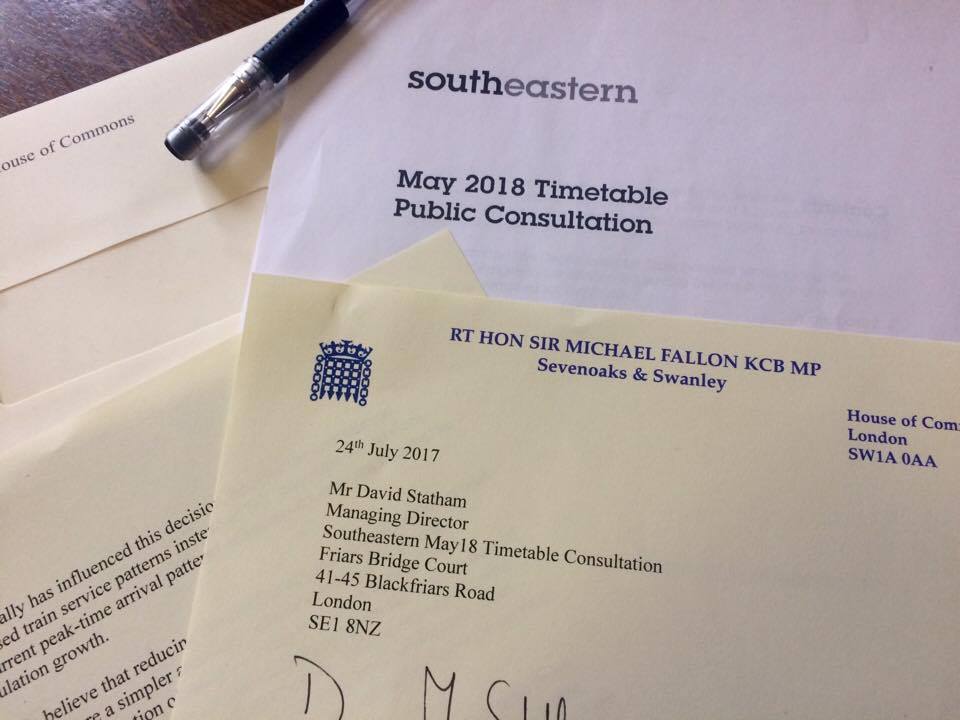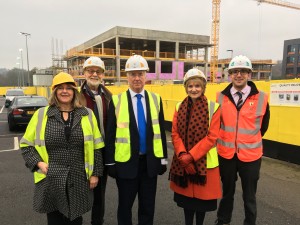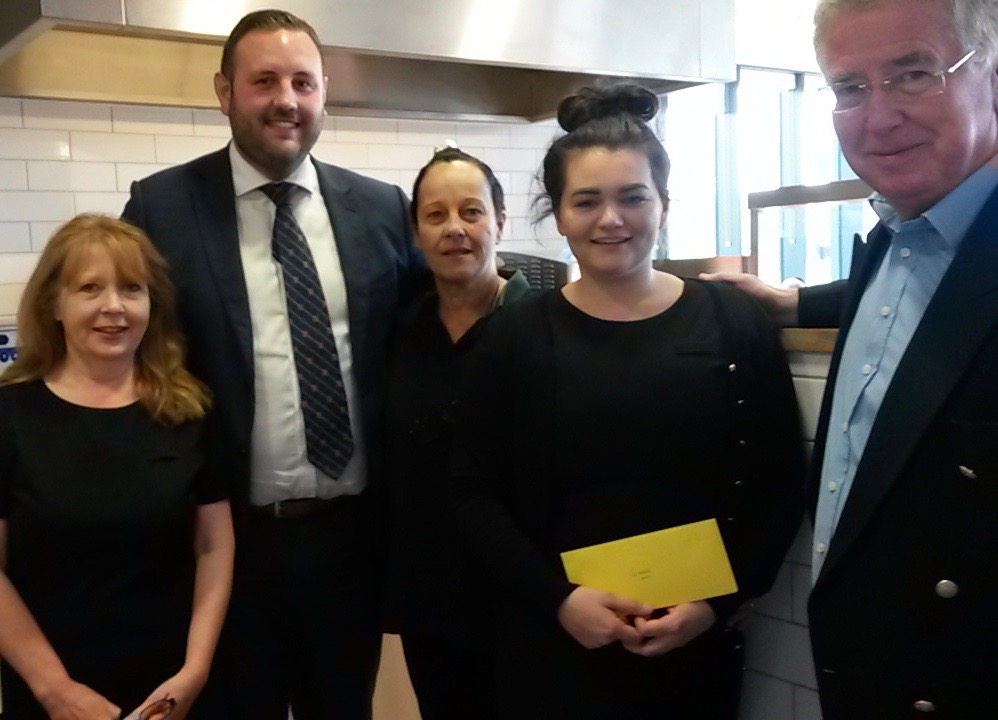Michael has welcomed the Sevenoaks District Council’s Local Plan survey: an important planning policy which says what can be built and where, as well as what should be protected up to 2035.
The survey, sent to every household in the district, is the first step to forming the new Local Plan. It asks residents for their opinions on early suggested options for dealing with anticipated issues the district will face.
In a comprehensive set of responses, the Sevenoaks MP indicated that he supports the Council’s overall strategy to promote housing choice for all whilst maintaining Green Belt protections.
‘Only 15 per cent of housing here is affordable’, he wrote. ‘Older generations need options to downsize and younger; economically-active families need a chance to move in.’
The local MP supported the District Council’s approach to promoting environmentally-friendly improvements, but cautioned against developing renewable sites that diverge from the historic aesthetic of the district.
Michael said: ‘The Plan recognises that both ambition and caution are required to deliver for the next generation. Residents must decide how best to solve the challenges we face. I will continue to work with the Council.’

